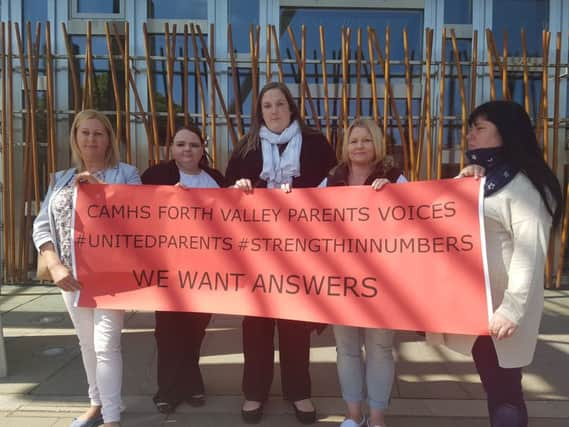Falkirk Educational Psychology Service to get improvement plan


The service has been told it needs to provide greater clarity about its core services and improve communication and service delivery.
It has also been told to ensure educational psychologists have the appropriate opportunities to develop skills to deliver priorities identified by the self evaluation process.
Advertisement
Hide AdAdvertisement
Hide AdAnd it needs to provide clarity about the leadership roles and responsibilities within the service for all staff, but in particular those of the Principal Educational Psychologist and Depute Principal Psychologist.
Education Scotland says it can validate the service’s self-evaluation, but “due to the development work required” is to provide support from the Lead Officer for Educational Psychology Services in the effort to carry out the action plan.
Earlier this year the amount of time parents were said to have to wait before their children could see an educational psychologist was one of a range of major concerns which sparked a protest by Forth Valley parents at Holyrood.
Parents claimed their children’s health was being put at risk due to the care being provided by the Child and Adolescent Mental Health Service (CAMHS) delivered at The Manor in Falkirk and Stirling Community Hospital.
Advertisement
Hide AdAdvertisement
Hide AdThe group CAMHS Forth Valley Parent Voices raised concerns ranging from waiting times to be seen by a psychologist, referrals from other health professionals being turned down, waiting too long for a diagnosis, a lack of compassion by staff, medication issues, and a “complete” lack of communication.
They also complained of having to wait months for follow-up appointments and a lack of continuity of care.
Research carried out by Stirling University recommended urgent work to investigate the experiences of children and young people who are waiting for, or are rejected by CAMHS.